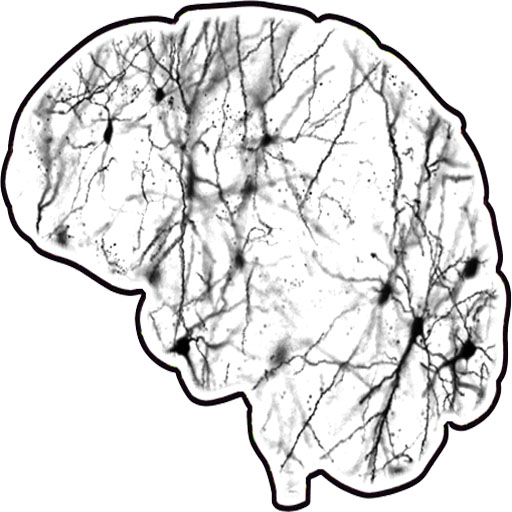
There is an urgent need for new treatments for psychiatric disorders. However, understanding mental illness at a cell and molecular level is a daunting task, and the field is not yet ready to design drugs targeting the molecular pathways underlying complex disorders of the brain. The identification and study of convergent molecular pathways and cellular processes relevant to human brain diseases will facilitate progress toward the development of new interventions. To this end, our approach involves integrating expression and molecular profiling data from the human brain with genetic and clinical data to identify candidate genes and pathways with high likelihood of relevance to complex brain disorders. The research plan undertaken under this project takes the critical and challenging next step: a rigorous interrogation of the functional consequences of disruption of these candidates. We utilize the complementary experimental systems of human neuronal and glial cultures and rodent model systems. Candidate genes identified from -omics approaches of human brain are targeted for disruption in vitro in iPSC experimental systems using CRISPR/Cas9, and in vivo using in utero electroporation. The functional consequences of gene disruption are then analyzed using a variety of assays including 1) biochemical quantification of RNA and proteins; 2) morphological analyses of neurons and glia; 3) analyses of organelles such as lysosomes, endosomes, and mitochondria and/or 4) examinations of spontaneous and synaptic activity of neurons. Data are analyzed at three levels with a goal of: 1) Determining effects of disruption individual genes within experimental system; 2) Identifying convergent phenotypes across gene perturbations within model; and 3) Defining robust, cross-species convergent pathways that have a functional impact on network connectivity.
